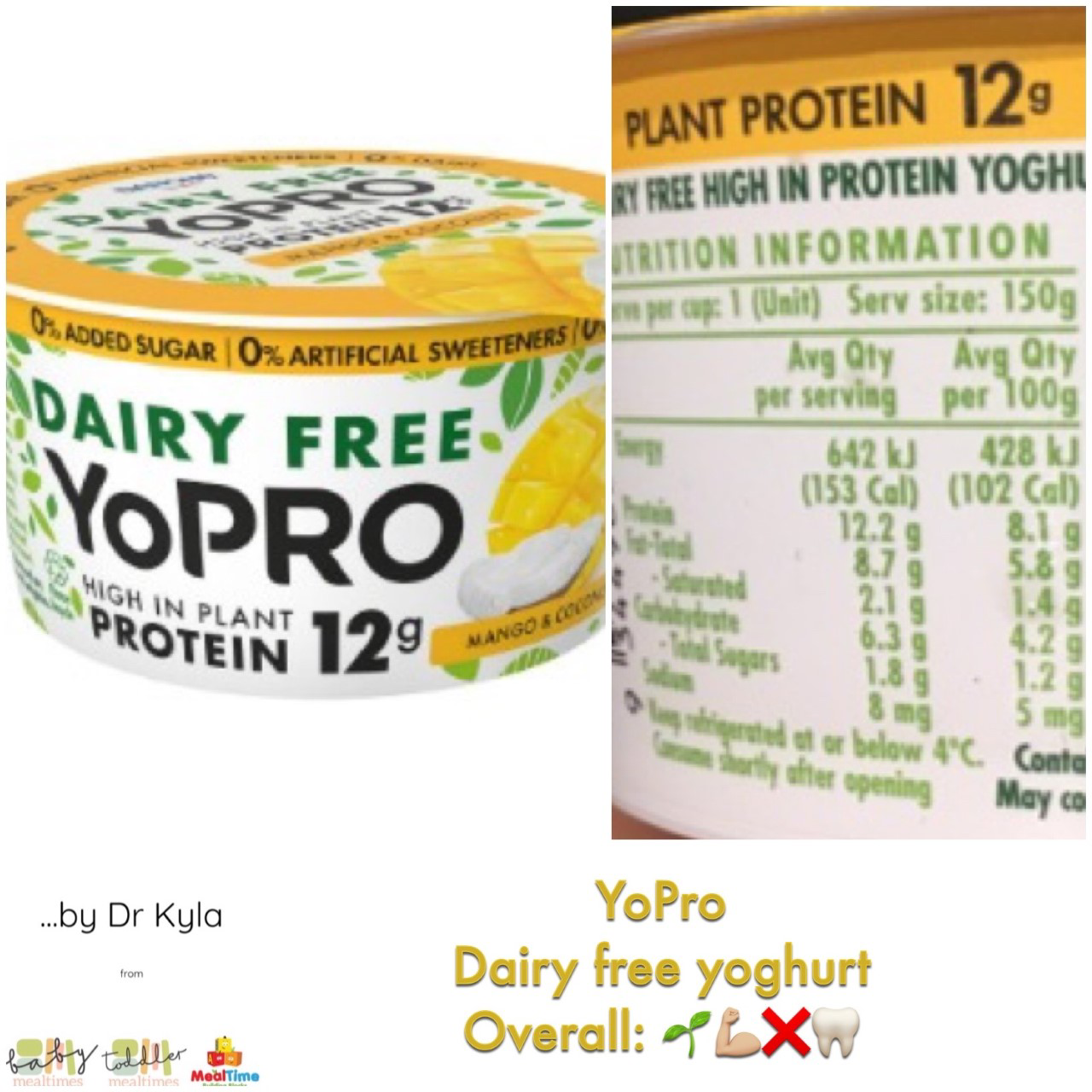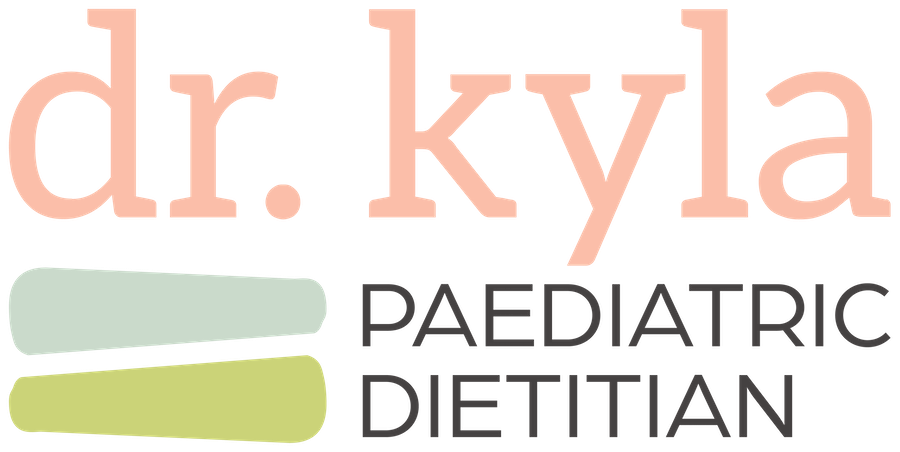Want advanced access to my weekly Chewsday Reviews?
Every Tuesday morning receive the latest Chewsday Review delivered directly to your inbox.
Please enter your name.
Please enter a valid email address.
Something went wrong. Please check your entries and try again.

YoPro Dairy Free Yoghurt | Chewsday Review
As this seems to be a hot topic at the moment, I have one more yoghurt review for you. Then I promise to mix it up again! We’ve compared the So Delicious Almond, and Alpro soy yoghurts, so let’s take a look at another popular plant-based alternative: YoPro’s Dairy Free Yoghurt. The brand’s dairy line is very popular, and for good reason. But does their dairy free option stack up?
 Ingredients
Ingredients
- YoPro yoghurt (90%) [water, soy protein, almonds, cashews, tapioca flour, faba beans, vegan cultures], Mango and Coconut puree (10%) [mango (50%), water, coconut (5.6%), starch (rice, corn), lemon, natural flavours, salt, stevia leaf extract, tri sodium citrate].
- Interestingly, it seems as though nuts and faba beans have been used here to increase the protein content, as it contains almost double the protein of competing soy yoghurts. These are common allergens and not what you’re usually expecting in a yoghurt, so just be aware.
- This product contains stevia; a natural sweetener that enables the sugar content to be so low. Yet, as stevia is a sugar alcohol, it may cause bloating or nausea in some sensitive tummies.
- There’s very little information about the vegan cultures used here, so I suspect that this is not a good source of probiotics.
- Common allergens include: nuts (almonds and cashews) and soy.
 Positives
Positives
- This yoghurt is a good alternative for little ones with a cow’s milk allergy or lactose intolerance.
- It is very low in sugar due to the addition of sugar alcohols (not a true alcohol!)
- Sodium content is also extremely low at just 5mg/100g.
- As I mentioned, the protein content is around double that of competing soy yoghurts. Just one serve provides around half of the daily intake for a toddler! Yet, protein is usually met easily for Australian children.
- Although total fat is rather high, the saturated fat content is within guideline recommendations.
 Negatives
Negatives
- The biggest negative for this yoghurt is the fact that it is not calcium fortified. It was so close to being something wonderful!
- It also has a high overall fat content; classified as ‘okay sometimes’ according to dietary guidelines. However, this is not a concern for infants and young children, as fat is a vital nutrient for growth during this period.
- Unlike the plethora of flavours within YoPro’s dairy line, there doesn’t seem to be a plain or even vanilla flavour available that is dairy free. Although still quite low in sugar, I do like plain yoghurts where possible.
- Like all dairy-free alternatives, this yoghurt is quite expensive, particularly as it is not available to purchase in family tub sizes.
- As it contains soy, cashew and almond, common allergens, this may not be a viable alternative for some kids.
 Marketing
Marketing
- ‘0% added sugar’: This is true regarding simple sugars, while the fruit added contains a small amount of natural sugars. This is great to see, especially as many dairy-free yoghurts are packed with sugar.
- ‘0% artificial sweeteners’: The natural sweetener Stevia is added here to avoid the addition of cane sugar or artificial alternatives. As a general rule, I prefer unsweetened yoghurts, particularly for young children. In this market with very few options, a bit of stevia is fine, as long as your child’s tummy isn’t sensitive to it.
- ‘12g plant protein’: This is a big selling point for YoPro, as it outshines even dairy yoghurts in this regard. Yet, as I mentioned, most kiddos don’t have a problem meeting their protein requirements.
 Alternatives
Alternatives
- As far as dairy-free yoghurts go, this isn’t a bad option due to the low sugar and high protein. However, the fact that it isn’t calcium fortified is a deal breaker for me. So, if you’re eating it for the enjoyment factor, just be sure to include plenty of calcium elsewhere! Similarly, other sources of probiotics will be something to consider.
- Remember that lactose free yoghurt is the best option in the case of lactose intolerance due to its protein and calcium content.
- If your child has a cow’s milk allergy but is sensitive to soy, there are plenty of nut-based alternatives such as almond or coconut. Again, just keep an eye out for calcium fortified varieties!
Hungry for More? Related Reviews
Sorry, we couldn't find any Reviews that match that criteria.


















